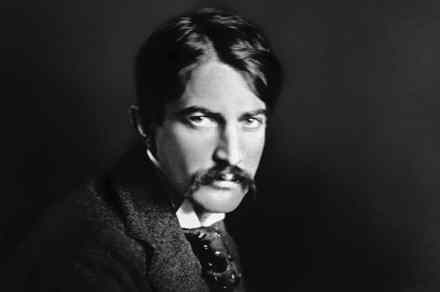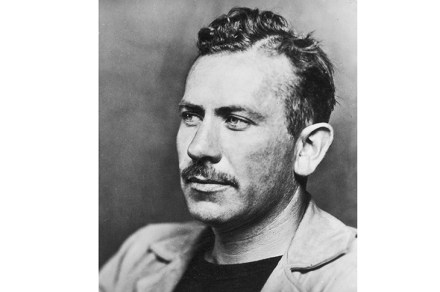Life’s dark side: the catastrophic world of Stephen Crane
Long before Ernest Hemingway wasted his late career playing the he-man on battlefields and in fishing boats, or Norman Mailer wasted an entire career playing Hemingway, Stephen Crane was the most world-striding combative male intelligence in literature. And while he created the template for every ‘manly’ novelist who came after, from Jack London to Robert Ruark, he never sought attention as a man but only as a writer; and he certainly never issued many advertisements for himself. Instead, he almost surreptitiously explored the world’s most violent places with inexhaustible intrepidity. Living both privately and intensely, he wrote some of the most powerful prose of his generation, and died too young



